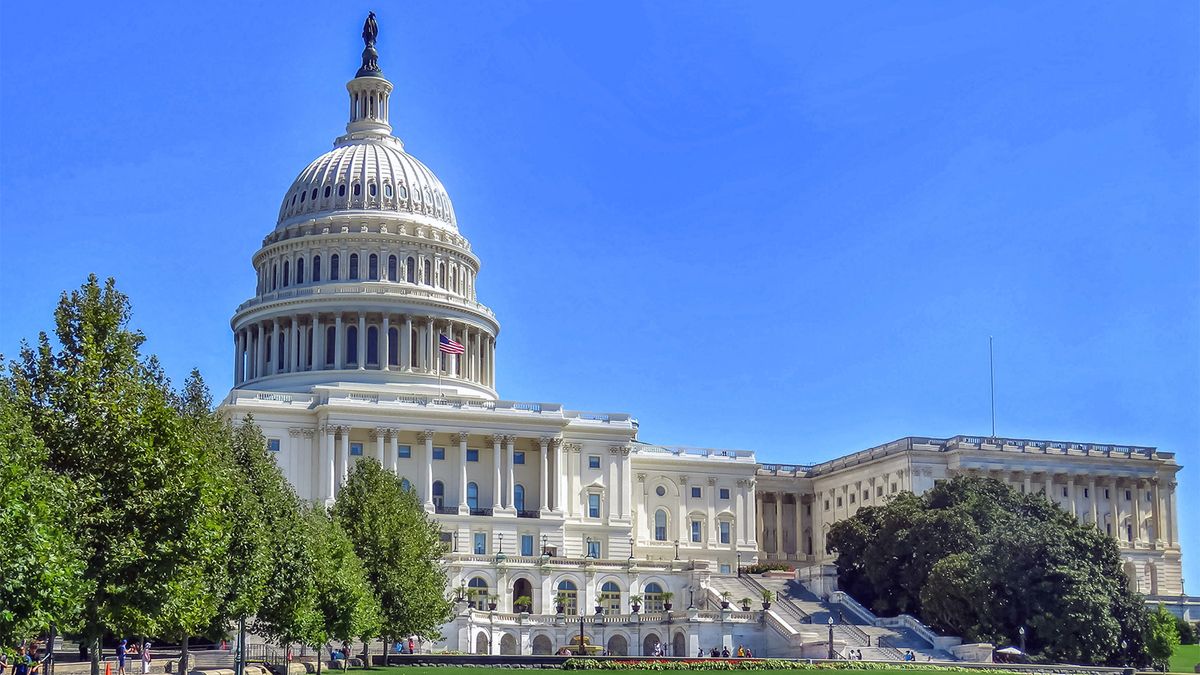Well, I believe the narrative is, like other industries, manufacturers which used to have factories in the US, moved to other countries to lower their costs. This is true for many companies in the US, but not very much so for logic fabs in the US, because the largest logic fab company in the US was (and still is) Intel. They have some presence in Israel and Malaysia but not very much elsewhere. This, in a sense, creates a illusion that it's possible to manufacture logic chips in the US with reasonable gross margin and cost. This is, IMHO, unfortunately not true.
If the objective is just to make TSMC and Samsung to build fabs in the US, that's really not difficult and it's already happening, due to the CHIPS act. Trump's point, AFAIK, is that the CHIPS act is not a good deal because it's handing out subsidies, where tariff will achieve the same without handing out government money. The government can even make money because of the extra taxation. However, this will increase chip prices in the US, and thus increases inflation. Note that the US is not the only market of high end chips. Many other countries are also buying chips. Thus, if the US actually raise tariff on chips, yes, these companies will make chips in the US, for the US market only, at a much higher cost and thus higher price (as long as it's less than the tariff raised). Other countries, on the other hand, will keep getting cheaper chips manufactured in other countries. This will end up making the US less competitive.
If the objective is just to make TSMC and Samsung to build fabs in the US, that's really not difficult and it's already happening, due to the CHIPS act. Trump's point, AFAIK, is that the CHIPS act is not a good deal because it's handing out subsidies, where tariff will achieve the same without handing out government money. The government can even make money because of the extra taxation. However, this will increase chip prices in the US, and thus increases inflation. Note that the US is not the only market of high end chips. Many other countries are also buying chips. Thus, if the US actually raise tariff on chips, yes, these companies will make chips in the US, for the US market only, at a much higher cost and thus higher price (as long as it's less than the tariff raised). Other countries, on the other hand, will keep getting cheaper chips manufactured in other countries. This will end up making the US less competitive.




